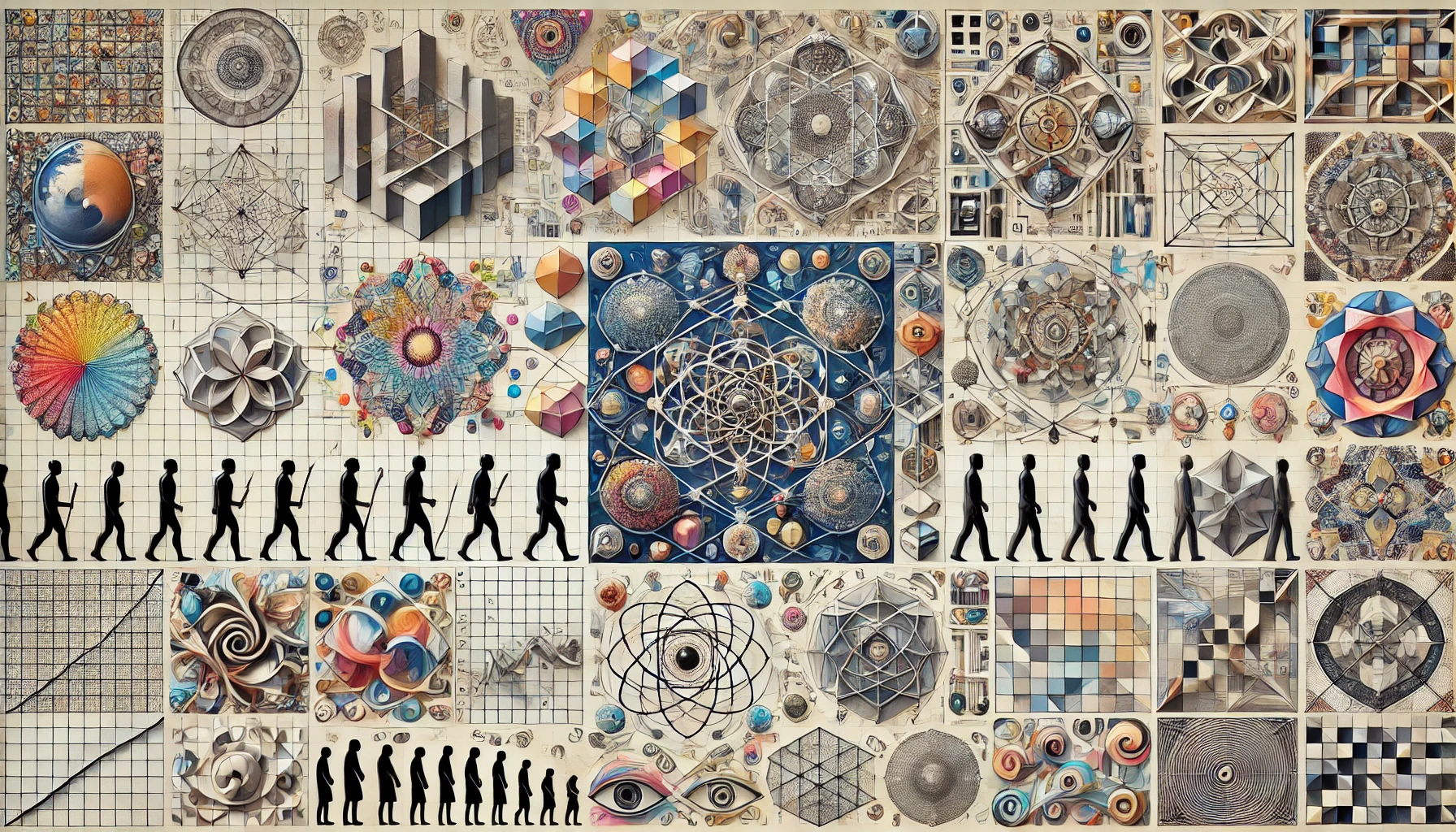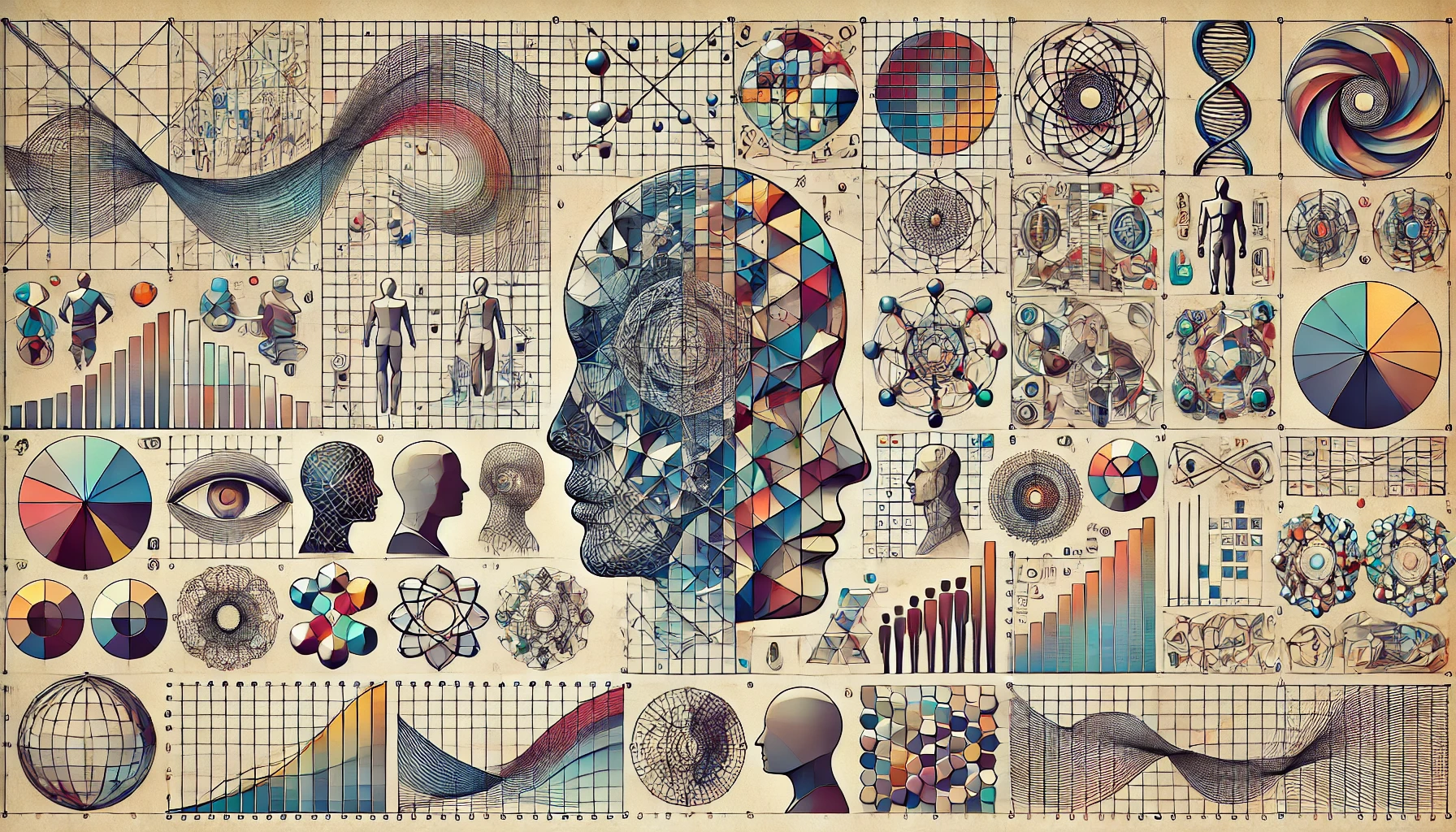
Illustration by DALL·E from the text
Decentring and refocusing the definition of ‘us’
Who do we think we should protect as a last resort, the members of a strictly defined ‘us’ with some and a vaguely defined ‘us’ among others, when things go wrong, as they unfortunately do time and time again on this troubled planet of ours, and there is no alternative but to fight with whatever strength we have left? This planet is ours, all of us: creatures great and small. This is the planet of everything that surrounds us, right now.
Throughout the ages, the definition of what we are has varied from place to place and within the same place. The story is one of constant decentring, of losing focus through the discovery of ‘savages’ astonishing to us, ‘barbarians’ fearsome to us, and other peoples undoubtedly ‘civilised’, but in ways so uncomfortably different from our own. Our definition of ‘us’ then narrowed during the civil wars of religion, before widening during the period of reconciliation, without necessarily returning to square one.
The question is twofold or, better still, it splits immediately. What is the identity of those we call ‘us’, what logicians call the extension of the concept of ‘us’, and once this facet of the question has been resolved, or at least given the beginnings of an answer, what are the identifying features we have retained for a definition of this ‘us’: how do we characterise what makes up the essence of ‘us’ as opposed to the ‘others’: in contrast to all these others, in other words what logicians call this time the understanding of the concept?
Let’s sketch out this historical development up to the recent moment when humans have built an intelligence similar to their own, at least as intelligent as it is, and perhaps even more intelligent with each passing day.

Illustration by DALL·E from the text